We judge ourselves by what we feel capable of doing, while others judge us by what we have already done
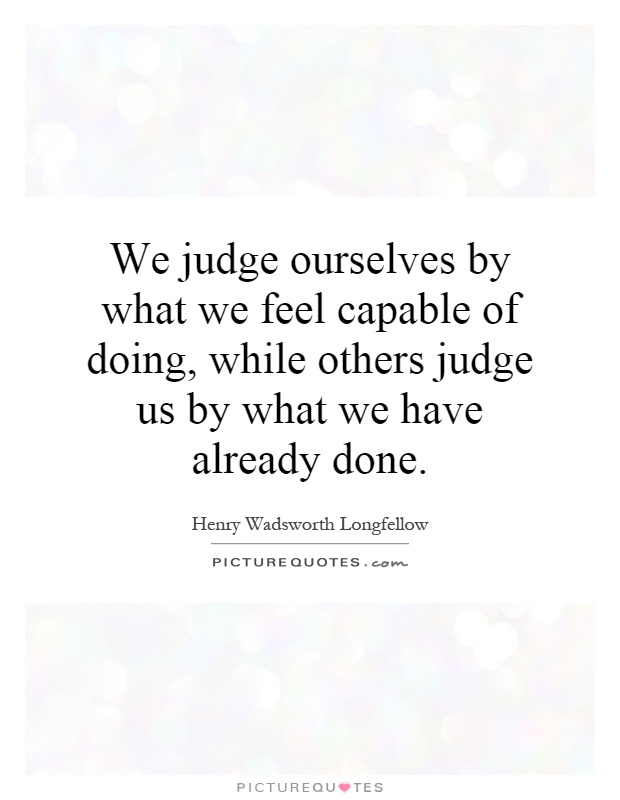
We judge ourselves by what we feel capable of doing, while others judge us by what we have already done
Henry Wadsworth Longfellow, one of the most beloved American poets of the 19th century, perfectly embodies the idea that we judge ourselves by what we feel capable of doing, while others judge us by what we have already done. Longfellow's life and work are a testament to this concept, as he constantly pushed himself to achieve greatness and make a lasting impact on the world through his poetry.Longfellow was a prolific writer, producing numerous works that have stood the test of time and continue to be studied and admired to this day. His most famous works, such as "Paul Revere's Ride" and "The Song of Hiawatha," have become iconic pieces of American literature, showcasing his talent for storytelling and his ability to capture the essence of the human experience.
Despite his success as a poet, Longfellow was known to be a humble and introspective man who constantly questioned his own abilities and sought to improve himself as a writer. He was never satisfied with his past accomplishments and always strived to reach new heights in his work. This drive to constantly better himself is a clear example of how he judged himself by what he felt capable of doing, rather than resting on his laurels and basking in his past achievements.
On the other hand, Longfellow's contemporaries and later generations of readers have judged him by what he had already done – his impressive body of work that has left a lasting impact on the world of literature. His poems have been translated into numerous languages, studied in schools and universities, and continue to be read and appreciated by people of all ages. This enduring legacy is a testament to the fact that others judge us by our actions and accomplishments, rather than our potential or aspirations.

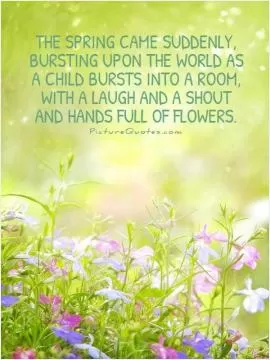
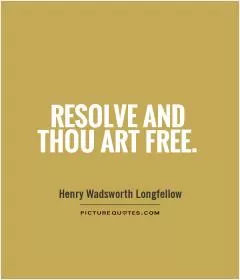
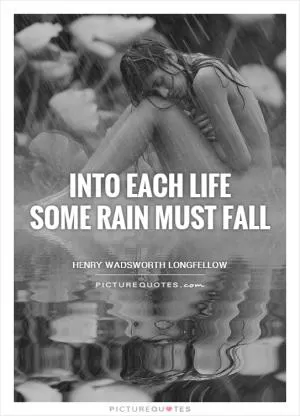





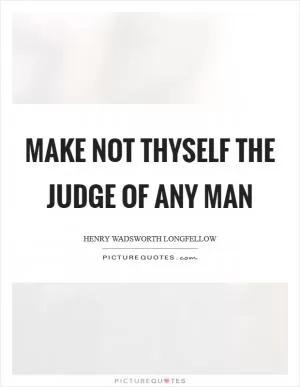

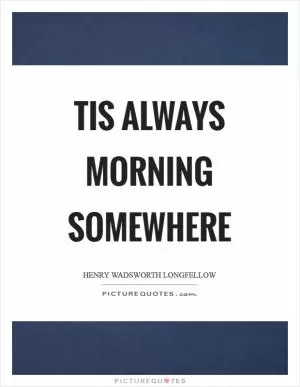
 Friendship Quotes
Friendship Quotes Love Quotes
Love Quotes Life Quotes
Life Quotes Funny Quotes
Funny Quotes Motivational Quotes
Motivational Quotes Inspirational Quotes
Inspirational Quotes